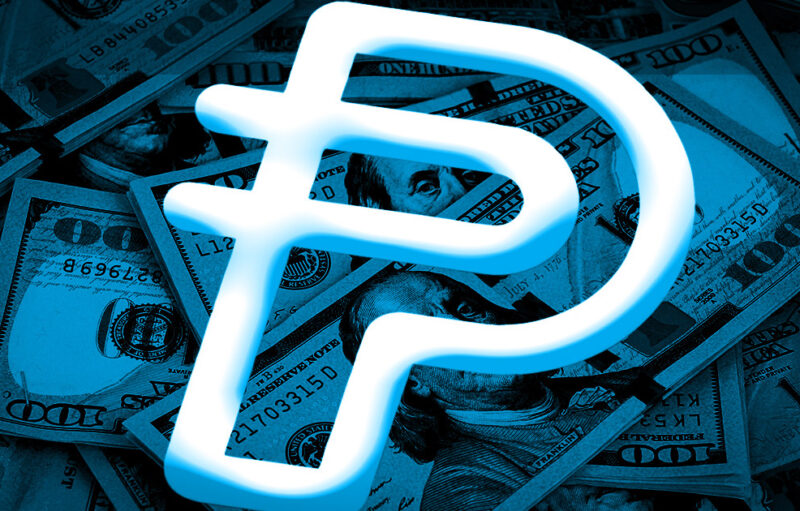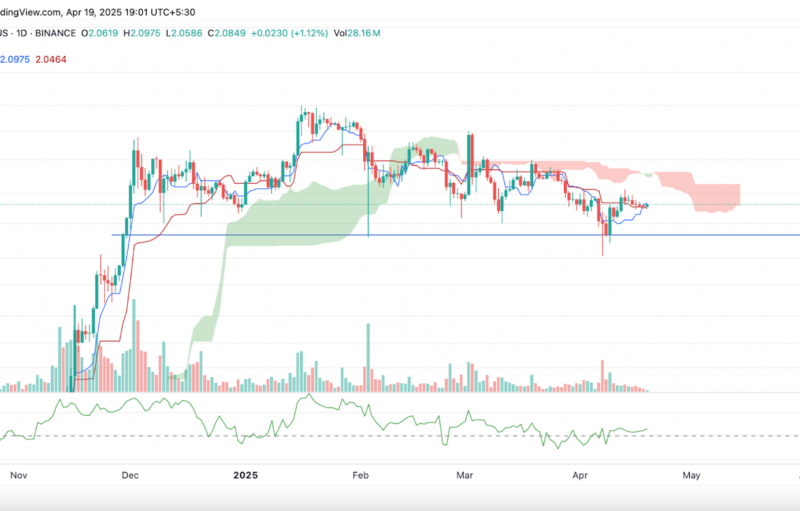Sharding is widely hailed as a solution to blockchain scalability. But projects that implement sharding technology may be introducing new security risks into their blockchains, according to the CEO of Solana, which could make them vulnerable to consensus attacks.
Speaking to Crypto Briefing, Anatoly Yakovenko said that the risks associated with sharding far outweigh any possible scalability benefits. “Once you split the network, you introduce an additional attack vector,” he explained.”Sharding technology flips security.”
If one shard gets taken over by hackers it could trigger a domino effect that would impact token price and lead to a mass exodus of users and nodes. Sharding allows hackers to bring down an otherwise thriving ecosystem using a divide and rule strategy, Yakovenko added.
‘#NoSharding’ is even the name of Solana’s official podcast.
Solana is a fast payments blockchain that can handle upwards of 50,000tps. Launched in early 2018, it is designed for any company with a pressing need for scalability.
Solana completed a $20M Series A in late July from investors including Multicoin Capital, Blocktower Capital and NEO Global Capital. According to Yakovenko, Solana has encountered some interest from other crypto companies, including Civic, and is currently running a pilot with a Fortune 500 telecommunications company.
Solana currently has 200 network validators operating on testnet. The protocol requires more computational power than other blockchains, meaning fewer people can run nodes. But those who have the resources and the know-how can secure the network while also helping it scale during periods of high usage.
Other blockchain networks have focused on second-layer scaling solutions, such as the Matic Network, but the Solana team are building scalability at the base-layer.
Layer-two protocols are not usually as secure as the base layer. If a second layer protocol has a direct link to layer-one, it could create a vulnerability for the overall network. “When you go to layer-two, you’re taking a bit of the security of the layer-one system,” Yakovenko explained. “Folks who are building sharding solutions are again splitting security for scalability”.
Not everyone agrees with Solana’s hard stance against sharding. Ethereum’s developers are planning to integrate sharding as part of Ethereum 2.0. Zilliqa, another blockchain project, relies entirely on sharding.
But Dan Hughes, co-founder and CTO of Radix (XRD), expressed general agreement with Yakovenko’s critique. [S]harded blockchains are susceptible to security risks such as taking over a shard,” he said.
Radix is another high-throughput protocol that relies on sharding for scaling. In tests earlier this year, the RDX network reached a million transactions per second.
But Hughes pointed out that they had already created a secure sharding implementation. “In Radix, we have a fixed and a total shard space of 2^64 shards,” he wrote in an email.
“[Nodes] can not enforce specifics such as the start and end shards of the fraction, nor choose to serve single/multiple specific shards.”
Although the first iterations of sharding may have left blockchains vulnerable to attack, the technology is moving quickly, Hughes added. Blockchain projects have a narrow path to walk between security and scalability, but it is not an impassable one.
Solana thinks it has found the right route; its rivals remain unconvinced.
The post appeared first on CryptoBriefing







